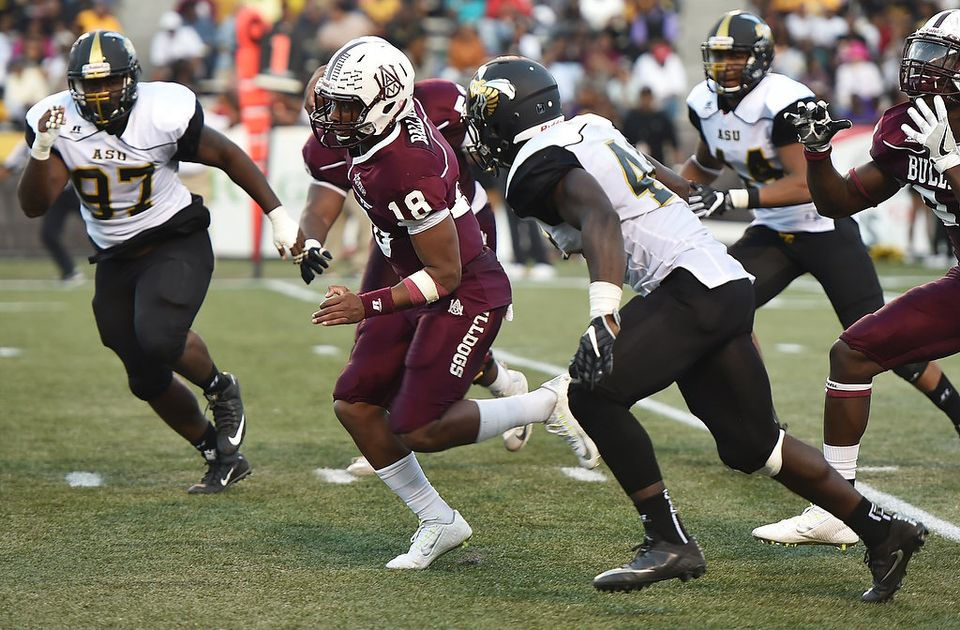1. Keep the game at Legion Field and leave it alone
- This is most likely in the short term and sounds like the best plan to many annual attendees, but cities, universities and businesses have to plan beyond the next year in order to fulfill contractual obligations and financial forecasting. This path also ignores the fact that stadiums cost money to maintain, and one event isn’t enough to justify the cost.
- Pro: What makes the MCC great remains…for now.
- Con: It’s kicking the can down the road.
2. The game could simply move to the new stadium
- This is likely, but the new stadium only has a capacity of 40,000. With attendance consistently over 50,000 and over 65,000 on several occasions, it’s a major head scratcher why the new stadium was not planned for this capacity.
- The new stadium also has virtually no space for tailgating, which is a major element of the Classic. If the game were to change venues, ticket prices would increase tremendously to offset tailgate revenue losses. Hosting the game at one stadium and tailgating at Legion Field would be a logistical nightmare, and possibly cause further strain on city resources.
- Pro: New car smell.
- Con: Now it’s just another football game.
3. Move the game to home-and-home
- Proponents of this radical idea point to how it worked for the Iron Bowl between Alabama and Auburn, boosting revenue that went directly to both schools. Some also point to how the Alcorn/JSU game left Jackson, MS with the game going back to each respective campus. Many have called for this option instead of playing at the new stadium.
- Pro: Each university controls their money and gains new leverage with Huntsville and Montgomery.
- Con: Each school’s new revenue opportunities would be biannual, rather than annual revenue provided back from Birmingham under the current agreement.
Regardless of which path is being officially considered, it’s time for leadership from all parties to move these discussions from the closed boardrooms (and backrooms) and into the plain light of day. If change is on the horizon, it’s time to start hosting alumni town halls specifically on this subject, and get stakeholders to understand not just the “what” but the “why.”
If a longstanding tradition is about to become yet another memory, leaders of each university must guide their constituents through the five stages of grief. Until then, the chatter amongst the constituents, and more importantly the confusion, is getting louder, and louder.
[postBannerAd]
